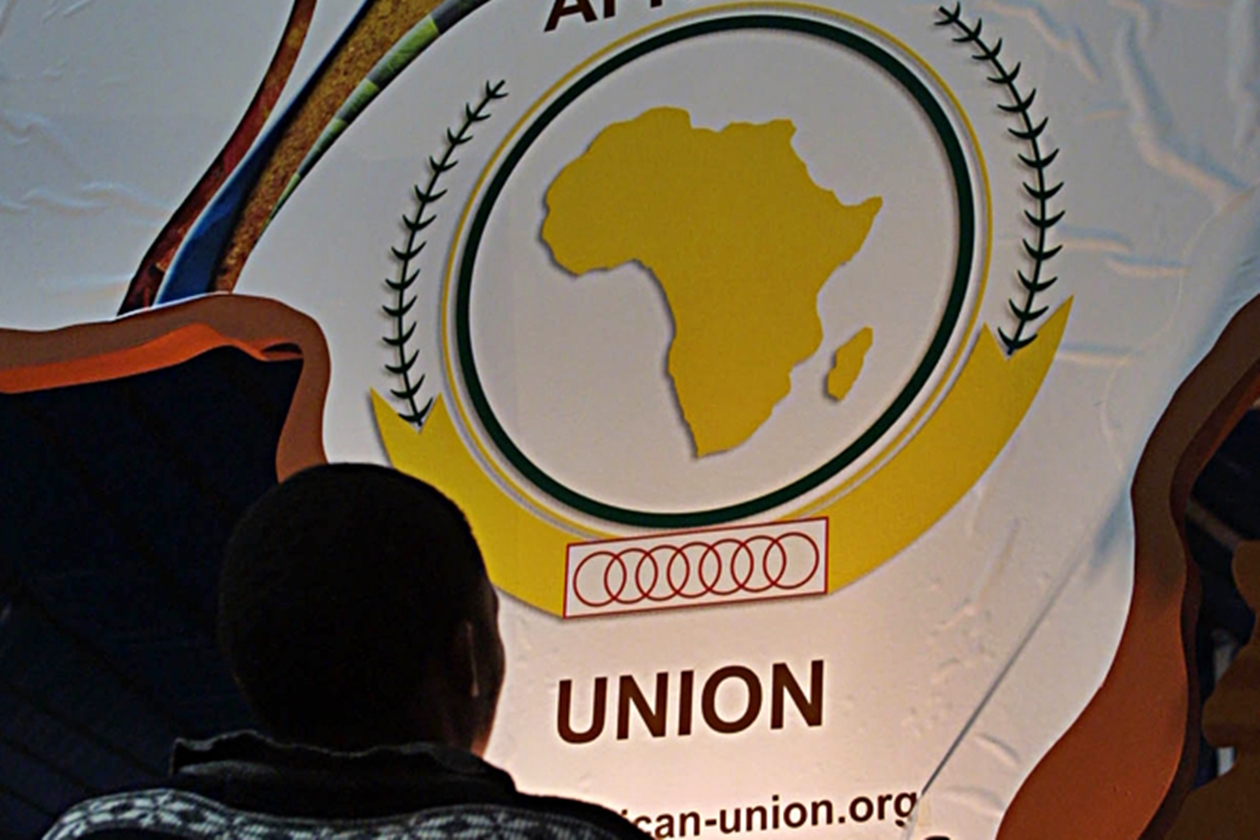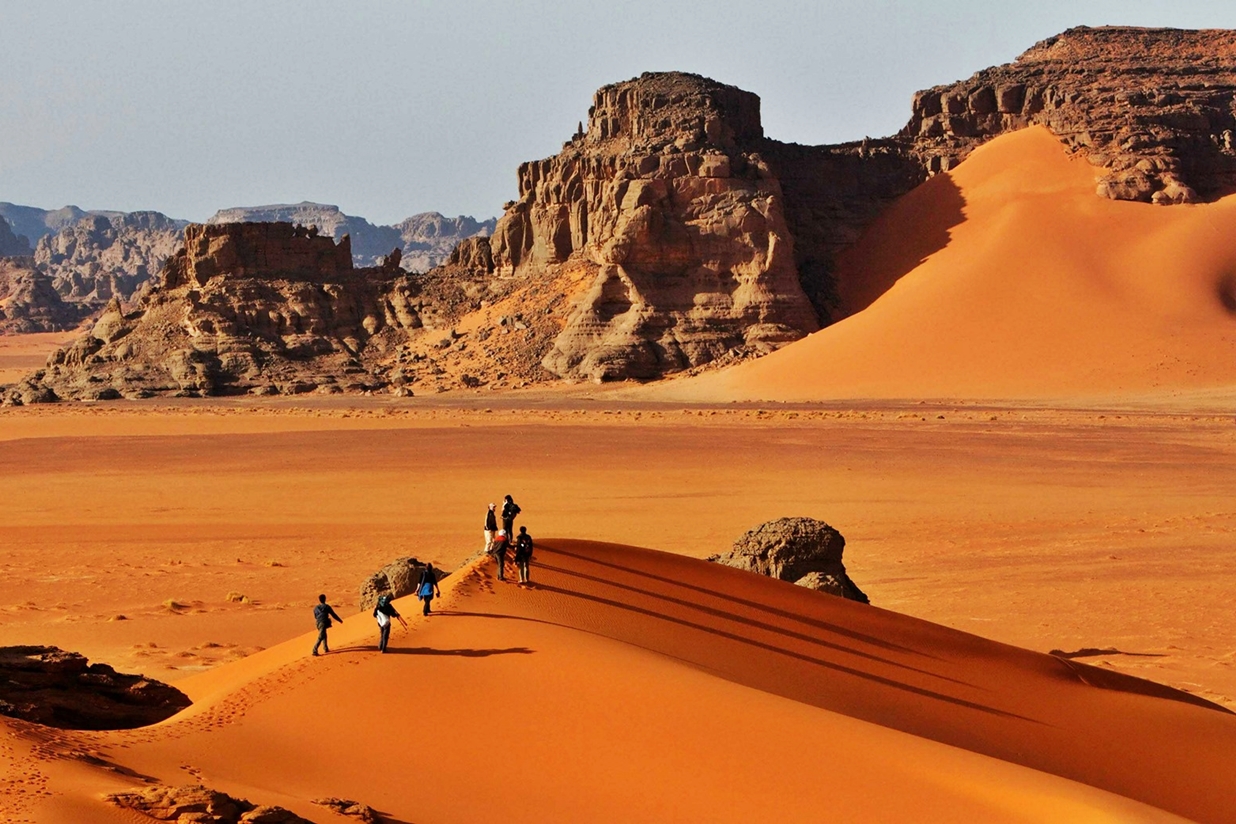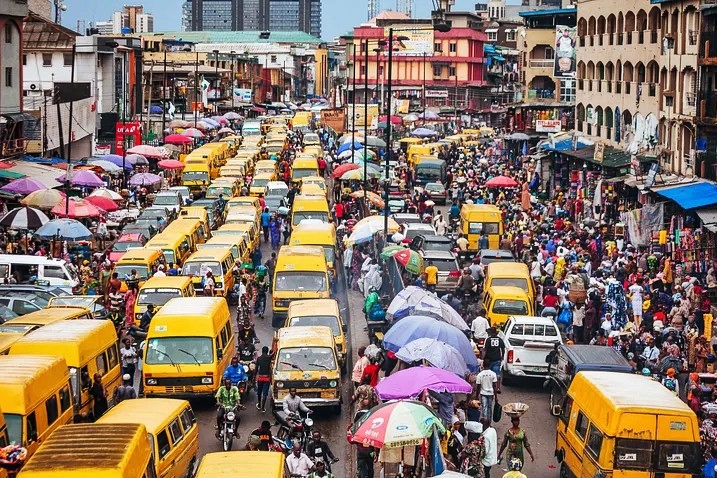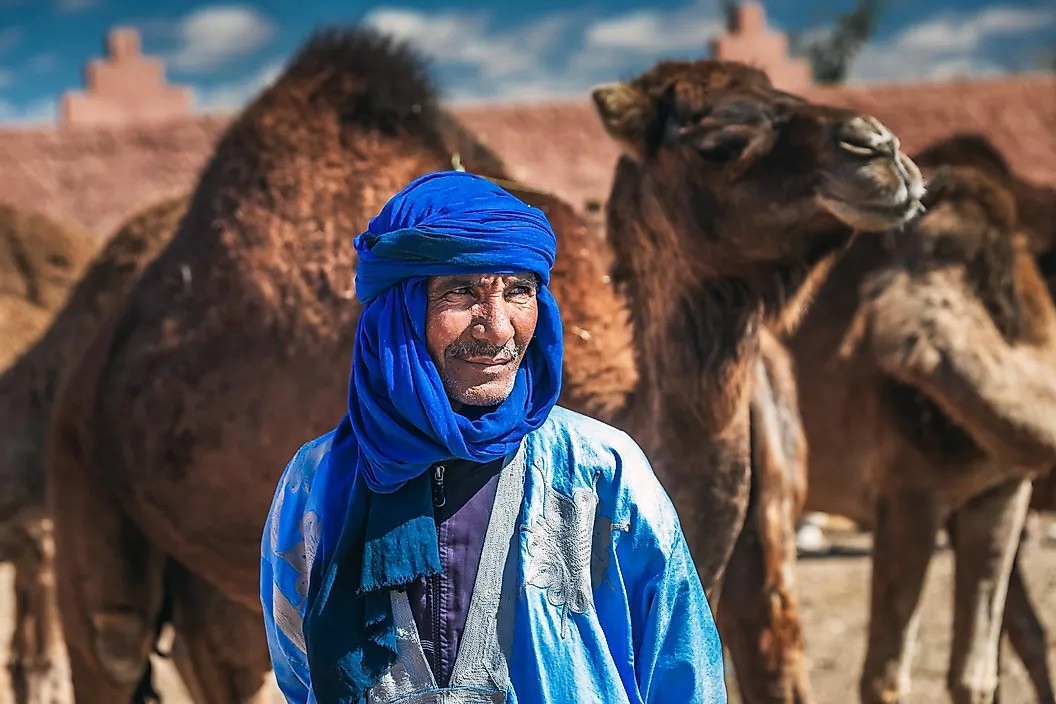Why Africa is the Ultimate Game Changer?

AU headquarters in Addis Ababa ( Photo: Yagyah-Adams )
Picture this: a continent shrouded in mystery, rich in history, and bursting with untapped potential. Africa, often overlooked and underestimated, holds the keys to some of the most fascinating narratives and opportunities of our time. In this article, we'll delve deep into the heart of Africa, exploring why it's not just important, but crucial, in shaping the world as we know it.
1. The Economic Powerhouse You Never Knew
Africa isn't just a landmass; it's an economic powerhouse waiting to be unleashed. With a rapidly growing population, abundant natural resources, and a burgeoning middle class, the continent is poised to become the next frontier for global investment and innovation.
2. Cultural Tapestry: A Treasure Trove of Diversity
Dive into Africa, and you'll find yourself immersed in a kaleidoscope of cultures, languages, and traditions. From the vibrant rhythms of West African music to the intricate beadwork of Maasai artisans, the continent's cultural tapestry is a testament to its rich diversity and heritage.
3. Innovation Hub: Where Creativity Knows No Bounds
Think Silicon Valley is the epitome of innovation? Think again. Africa's tech scene is on the rise, with bustling hubs in cities like Lagos, Nairobi, and Cape Town. From mobile payment platforms revolutionizing banking to solar-powered solutions tackling energy poverty, African innovators are redefining what's possible.
4. Environmental Stewardship: Guardians of Earth's Future
Amidst the challenges of climate change, Africa emerges as a beacon of hope. With vast expanses of wilderness and diverse ecosystems, the continent plays a crucial role in preserving biodiversity and mitigating the effects of global warming. From the lush rainforests of the Congo Basin to the breathtaking savannas of the Serengeti, Africa's natural wonders are worth protecting.
FAQ: Unraveling the Mysteries
Q: Why is Africa often portrayed negatively in the media?
A: Unfortunately, Africa has often been depicted through a narrow lens focused on poverty, conflict, and disease. While these are real challenges facing the continent, they only tell part of the story. By highlighting Africa's successes, resilience, and potential, we can shift the narrative towards a more balanced and nuanced understanding.
Q: How can individuals and businesses engage with Africa in a meaningful way?
A: Whether through investment, partnerships, or cultural exchange, there are countless opportunities for engagement with Africa. It's essential to approach these interactions with humility, respect, and a willingness to listen and learn from local communities.
Q: What role does Africa play in shaping global trends and developments?
A: Africa's significance extends far beyond its borders. From influencing fashion and music to driving conversations around sustainable development and social justice, the continent's impact on the world stage is undeniable. As we navigate the complexities of the 21st century, Africa's voice and perspective will be more important than ever.
Conclusion: Embracing Africa's Promise
In a world where change is constant and uncertainty abounds, Africa stands as a beacon of resilience, innovation, and hope. By embracing the continent's diversity, tapping into its entrepreneurial spirit, and championing its environmental stewardship, we can unlock a future where Africa's promise becomes a reality. So let's not just ask why Africa is important; let's celebrate all the reasons why it's essential to our shared humanity.
So there you have it, a fresh perspective on why Africa is more than just a continent—it's a catalyst for change, a source of inspiration, and a force to be reckoned with. As we embark on this journey of discovery and possibility, let's remember to approach it with an open mind, a sense of curiosity, and a willingness to be surprised by the wonders that await. Africa is calling—are you ready to answer?








